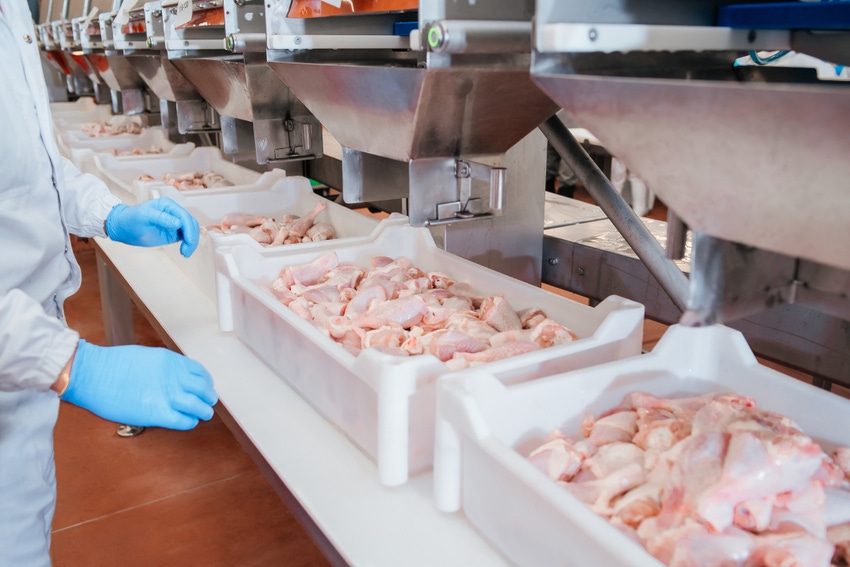Risk assessment compares alternatives to regulating Salmonella in poultry
Assessment suggests most risk from chicken parts is concentrated in rare products with high levels of high-virulent serotypes.
March 26, 2024

There is a push to change the approaches used to minimize Salmonella transmission to humans from raw poultry, including the likely introduction of new regulatory policies and a push for enhanced interventions, including on the live bird level. Rational changes to Salmonella controls require appropriate risk assessments using current, representative industry data and input. USPOULTRY and the USPOULTRY Foundation recently announced the completion of a funded research project at the University of Illinois at Urbana-Champaign in which researchers completed a risk assessment comparing alternative approaches to regulating Salmonella in poultry.
Dr. Matthew Stasiewicz, associate professor of applied food safety at the University of Illinois at Urbana-Champaign, along with Dr. Martin Wiedmann, professor at Cornell University, recently built a quantitative microbial risk assessment of Salmonella in poultry products to assess the likely impact on foodborne disease of interventions, performance standards and regulations targeting Salmonella levels and/or specific serotypes.
The data showed that contamination with high levels of high-virulent serotypes is rare in finished chicken parts. Yet, the risk assessment suggests that most of the public health risk from chicken parts is concentrated in those rare products with high levels of high-virulent serotypes.
A summary of the research can be found here.
The research was made possible in part by an endowing Foundation gift from Cooper Farms and proceeds from the International Poultry Expo, part of the International Production & Processing Expo (IPPE). The research is part of the Association’s comprehensive research program encompassing all phases of poultry and egg production and processing. In total, more than $36 million has been invested in research by the Association and Foundation since the 1960s.
You May Also Like



